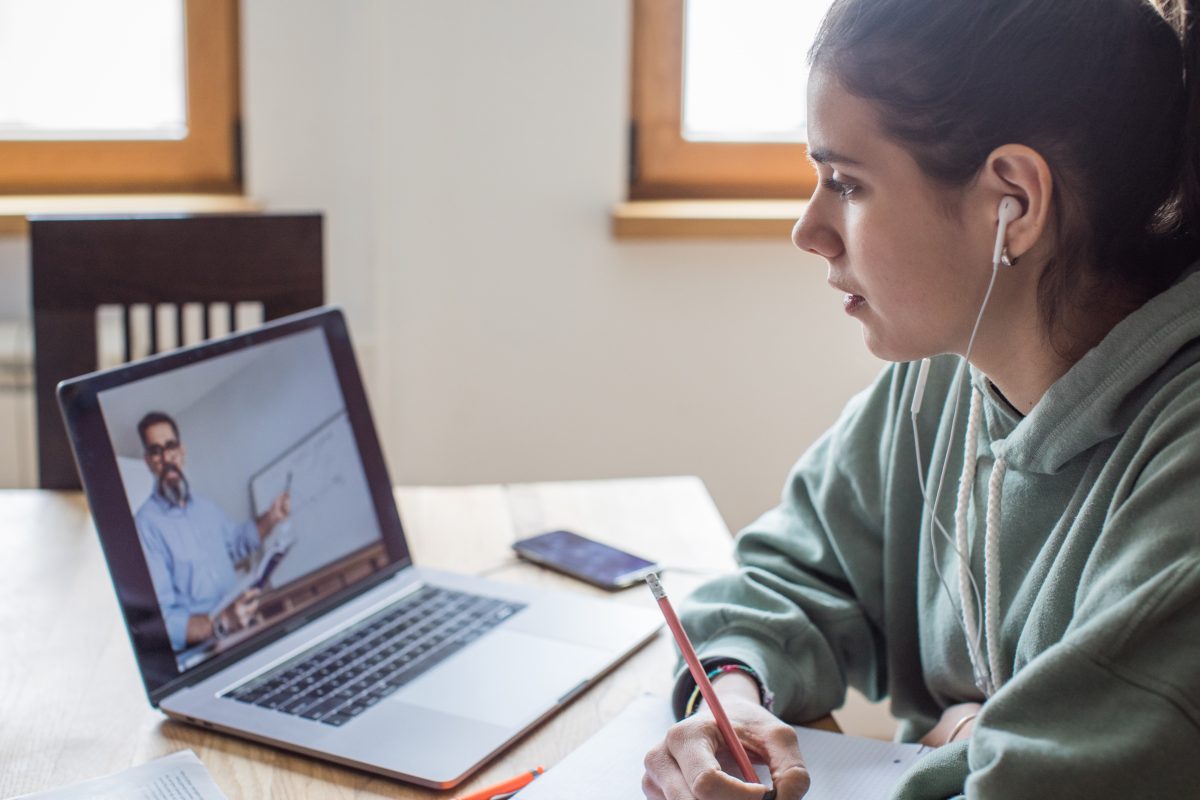Coronavirus has had a huge impact both negatively and positively as a result of Coronavirus. From CEO’s, professors and teachers concerned about the welfare of their staff and students, to business and organizational leaders concerned about meeting educational objectives, the facilitation of exams, security of content, operational challenges and impact on costs and income.
Facilitating Learning
Facilitating learning, when students and pupils cannot attend a classroom, due to either travel restrictions and risks or building closures, means that education has to be transferred to online – either through live online classrooms, or through e-learning. There are a number of challenges with online classrooms and e-learning:-
- Technology and accessibility
- Delivery of quality learning and student engagement (is more challenging online)
- Protection of content intellectual property
- The speed required to transcend classroom learning to online
In the case of classroom attendance, maintaining student and staff safety with physical distancing is very challenging, and means that there is less room in a lecture theatre or classroom for students to attend. University professors are reporting as much as a five-fold increase in volume of work, due to having to repeat classroom seminars as much as five times for one class. In addition, they are reporting cost-cutting and pay cuts.
Examinations
How can educational institutions facilitate examinations during lockdown, with social distancing, or when travel restrictions are in place?
- E-Learning often offers short multiple-choice questionnaires, but there is no way of verifying that the person taking the exam is the person being issued with the award
- Live Online Exams (Secure exam systems with a live invigilator) as offered by the Digital Skills Authority, is one option but is dependent on a number of things.
- Speed of implementation, testing and learning – Implementing exams and learning, and strategy for how to use the systems can take several weeks, if not months to complete
- A qualified and well-trained network of exam invigilators
- Speedy and reliable technology and Internet for all students (to take the exam)
- The ability to handle case study exams, which may include drawing and writing
- Classroom exams require further space for exam invigilation due to distancing, and there is an additional need for hand-washing and protection when touching exam materials and interacting with students.
Enabling Qualifications for Schools, Colleges and Universities
The United Kingdom’s solution for students is to issue qualifications based on predicted grades. However, conversations with academia indicate that the predicted grades are actually a significant percentage lower than they would expect a student to eventually gain. This means, that some students are missing out on a realistic grade. Additionally, this process does not account for those who may have had challenging times at home, impacting their predicted grade, who may actually succeed in an exam due to additional input and hard work. It does however help those who perform well during class, but suffer from exam stress. Stress and uncertainty about the future have impacted everyone, and would no doubt impact exam study and results, as well as potentially university dissertations. University professors have reported dissertations with multiple repeat paragraphs in their papers – stress or attempting to reach a word count? Whatever the case, their performance is impacted.
From a human and human development perspective, I would consider postponing all exams for one year and developing an alternative solution for the break year – one that provides value to students and ensures they remain engaged. As an interim, students, employees and job seekers can focus on shorter remote learning certification exams, if they feel able to.
Opportunity
E-Learning and virtual learning is nothing new, but Coronavirus has highlighted the absolute necessity for there to be a mix of learning channels, whether this be through live webinar, virtual classrooms, interactive e-learning or recorded video. Digital learning takes time to implement. Two established 5-day certifications took almost one year to convert to online, and were enabled by excellent knowledge of technology, digital online engagement traditional educational experience, as well as significant careful planning and testing. The beauty of digital content is that educators can reach a wider audience. Institutions have the choice of offering live tutor interaction or simply an automated self-service option. Both choices are normally reflective in the pricing. There is a significant difference in pricing between online and classroom learning, which is driven by the value and experience of personal one-to-one attention or consultative nature of a classroom course, versus e-learning. Pricing is also impacted by student affordability as well as competition. An optimal pricing strategy is key and must be measured against both costs to build, deliver and maintain the programs, as well as user demand. Brand trust and educator credibility can elevate pricing, however it is both reputation and impact that count for students, whether that is know-how, the certification or both. The potential to reach a far wider audience through online education makes digital education an attractive option for expanding the reach and impact of the information and skills organisations provide, as well as increasing revenues and profit. As always there is a balance that needs to be achieved – that is offering high-impacting educational content and mechanisms, without devaluing the education delivered.
About the Author
Deborah Collier is President & Chief Information Marketing Officer at the Digital Skills Authority. She is also on the board of Directors of a leading UK government backed education management organisation.









